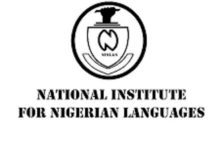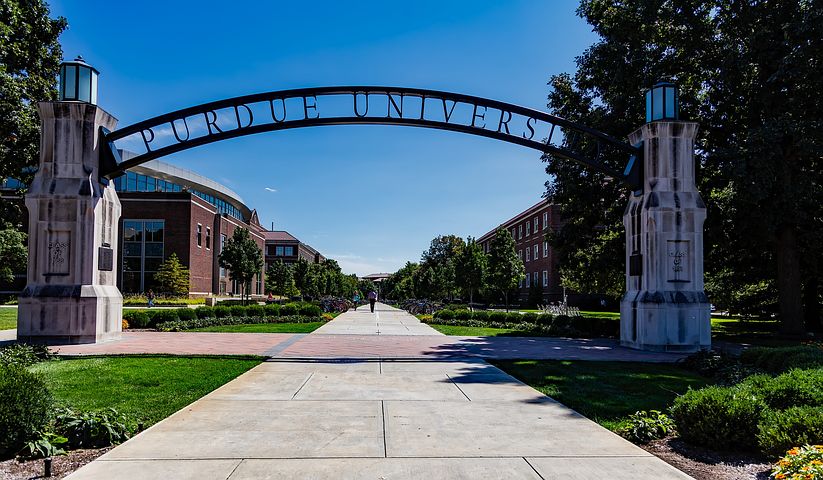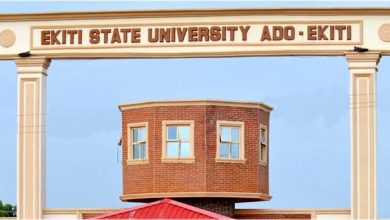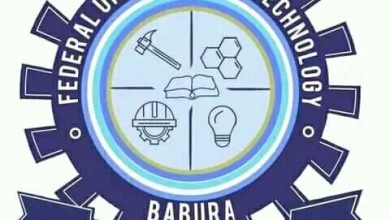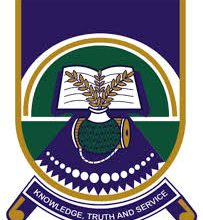Federal College of Education, Kontagora, Courses, Hostel Accomodations and Admission Requirements
Do you want to enroll in Federal College of Education, Kontagora. but you don’t know if the course you want to study is being offered by the School? How about understanding the necessary requirements for enrollment in the school? You can use the information in this article to learn everything you need to know about the school.
This article details the school admission requirements, hostel accommodations and list of courses offered
About Federal College of Education, Kontagora
The Federal College of Education, Kontagora, was established in 1962 as one of the first two colleges of education in Nigeria aimed at training graduate teachers in specialized areas.

Despite its humble beginnings, the Federal College of Education, Kontagora has become an iconic teacher education institution in Nigeria. However, more work still needs to be done to improve teaching and research facilities as well as lift academic standards to meet global best practices. The college administration is poised to consolidate on recent achievements to reposition the college for greater heights. The future remains bright for this revered institution.
Federal College of Education, Kontagora Admission Requirements
There are some things you need to do in order to get into Federal College of Education, Kontagora. Knowing these ahead of time will help you make sure your application is complete and raise your chances of being accepted.
Minimum Requirements for Admission
In order to be admitted, you must:
- Have at least five credits in related subjects, such as English Language, Mathematics, one Science subject, and two other subjects. You can get these credits in one sitting or over two sittings, but not more than five credits in a row.
- You have to be at least 16 years old to apply.
Must have at least five years of education after elementary school. - For Direct Entry candidates, you must have at least one upper credit in the appropriate ND program.
- Must get at least the minimum score on the UTME to get into the college. The cut-off mark changes every year based on how much competition there is.
- Must have made their first choice when they signed up for JAMB.
Steps for Applying
If you want to get Admission you need to do the following:
- You can either buy the college’s application form from the admissions office or get it from the website. Carefully read and fill out the form.
- Attach printouts of your IDs, such as your birth certificate, WAEC or NECO results, proof of where you live, etc., to the form you’ve filled out
- Before the due date, bring the completed admission form along with the necessary papers to the admissions office. Applications that are too late will not be looked at.
- Check the website or notice board of the admissions office or the admissions list to see if you were given provisional admission.
- You have until the due date to accept the offer of entry on the college’s website or in person at the admissions office. If you do not accept by the limit, you will lose your chance to be admitted.
- When school starts up again, go to the college for screening and registration. Bring the original copies of the papers that are attached to your admission form so that they can be checked.
- Being able to go is possibleif you carefully follow these entrance rules.
Read also: Universities With The Lowest Cut-Off Marks For International Relations In Nigeria
Courses Offered
Hostel Accommodation
The Federal College of Education, Kontagora provides accommodation for students in the form of hostels located within the school premises.
Hostel Facilities
The hostels contain the following provisions for student comfort:
- Separate hostels for male and female students to ensure privacy and security.
- Spacious rooms that can accommodate up to four students, with adequate ventilation and lighting.
- Mattresses and bedding for each student. Students are responsible for providing their own pillows and blankets.
- Shared restrooms and bathrooms on each floor of the hostels. Students must supply their own toiletries and towels.
- Lounges and common rooms for students to study, socialize, and relax. These spaces have tables, chairs, and in some cases televisions.
- Kitchens where students can prepare and cook their own meals. Students provide their own cooking utensils, cutlery, and food supplies.
- Storage lockers or cabinets for students to keep personal belongings. Students should bring their own padlocks to secure their storage units.
- Hostel attendants who oversee the daily operations of the hostels and assist students as needed.
To reside in the college hostels, students must pay the required hostel and boarding fees at the beginning of each academic session. Priority is given to students who live farther away from the college. Students are expected to abide by all rules and regulations to maintain a safe, clean, and orderly living environment for all residents.
The hostel accommodation provided by the Federal College of Education, Kontagora allows students to live on campus in affordable and supervised housing. By staying at the hostels, students can fully immerse themselves in college life and focus on their studies without worrying about daily travel to and from the school.
FAQs
As a prospective student, you likely have several questions about Federal College of Education, Kontagora. Here are some of the most frequently asked questions:
- What programs of study are offered at Federal College of Education, Kontagora?
Federal College of Education, Kontagora offers undergraduate programs in a variety of areas including Education, Languages, Sciences, Social Sciences, Vocational and Technical Education, and Arts. Postgraduate programs are also available at the Master’s and Doctoral degree levels.
- What facilities are available on campus?
The campus has classrooms, lecture theaters, science laboratories, auditorium, cafeteria, health center, library, bookshop, sports center, residential accommodation for students and staff, as well as administrative offices. Electricity and internet connectivity are available throughout the campus.
- What is the admission process?
Admission into Federal College of Education, Kontagora is competitive. The admission requirements include having the minimum entry requirements such as 5 credit level passes at SSCE/NECO/GCE or its equivalent at not more than two sittings, and a satisfactory score in the Post-UTME screening. Application forms can be obtained from the Registrar’s office or downloaded from the college’s website.
- What scholarships or financial aid are available?
Federal College of Education, Kontagora offers scholarships and bursaries to students. This includes the Nigerian government’s needs-based scholarship, merit-based scholarship for exceptional students, and private scholarships from corporate organizations and NGOs. Students with excellent results are placed on a tuition waiver. The college also has a work-study program where students work on campus to fund their education.
- What student organizations or clubs are on campus?
There are many student clubs and organizations at Federal College of Education, Kontagora including academic clubs, religious groups, sports clubs, volunteer/outreach clubs, cultural groups, and social clubs. Some examples are the Science Students Association, Christian Fellowship, Muslim Students Society, Drama club, Red Cross club, and Man O’ War club. Participating in these clubs helps students develop valuable skills and enrich their college experience.


